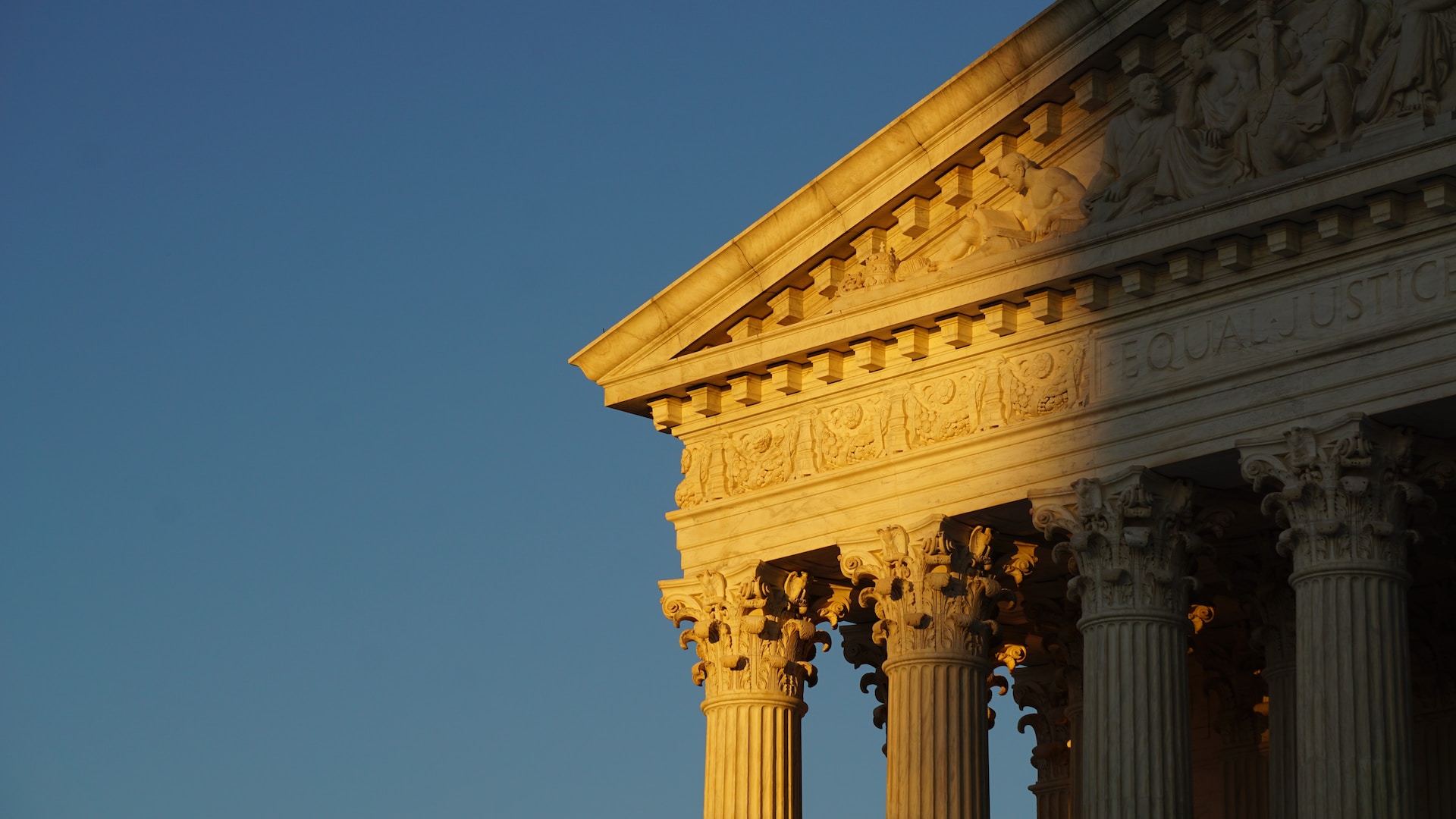U.S. News
Supreme Court Battles In Second Major Showdown

Clear Facts
- The Supreme Court is considering the SEC’s powers to enforce securities law through its in-house tribunal system in Jarkesy v. SEC.
- The case could impact the authority of federal agencies under President Biden and future administrations.
- A decision in Jarkesy is expected by the end of June next year.
On Wednesday, the Supreme Court will hear arguments in Jarkesy v. SEC, a case that could potentially disrupt federal agency authority under President Joe Biden and future administrations. This marks the second of three major cases this term that could rock the administrative state. The case involves the Securities and Exchange Commission’s (SEC) powers to enforce securities law through its in-house tribunal system rather than in court.
The high court will hear the government’s appeal of a 2022 ruling by the U.S. 5th Circuit Court of Appeals in favor of hedge fund manager and conservative radio jockey George Jarkesy. The SEC fined and barred Jarkesy from the industry after finding he committed securities fraud. The 5th Circuit held that the SEC’s ability to pursue penalties through in-house enforcement proceedings violated the Constitution’s Seventh Amendment right to a jury trial and that it cut through presidential and congressional powers.
Critics of the SEC’s in-house system, which is administered through SEC-appointed administrative law judges (ALJs), argue it unfairly favors the prosecution to adjudicate cases internally rather than before an impartial jury in federal court. Jarkesy’s attorneys claim that the whole system is effectively rigged against virtually every defendant that goes before an ALJ, citing the agency court’s nearly spotless record of ruling in favor of the agency.
Proponents of the in-house system argue that such proceedings are expedient and allow the SEC to function more efficiently to protect investors. A 2020 University of British Columbia study found that claims brought in-house are 27 times faster than SEC actions brought in federal court.
Dustin Nofziger, counsel at Pryor Cashman LLP, told the Washington Examiner that if the Supreme Court holds that ALJs are unconstitutional, it could also impact prudential banking regulators’ administrative enforcement processes. These regulators, such as the Federal Deposit Insurance Corporation, Federal Reserve System, Office of the Comptroller of the Currency, and the National Credit Union Administration, also rely on in-house judges to adjudicate claims.
The SEC has faced some setbacks in recent years at the Supreme Court, where the Republican-appointed majority has cast a skeptical eye over expansive federal regulatory power. In 2018, the Supreme Court held that the SEC erred in the way it appointed in-house judges, and in April, it allowed targets of agency actions to have a better edge in taking their matters to federal court.
This term, the high court has already weighed one case concerning expansive federal regulatory powers in a challenge to the Consumer Financial Protection Bureau’s (CFPB) funding mechanism. The last of the three major administrative law challenges the high court will hear this year is Loper Bright Enterprises v. Raimondo, which involves fishermen plaintiffs challenging the long-standing precedent known as the Chevron deference.
All three cases, if ruled in favor of the challengers to the various agencies, could have the potential to significantly diminish the powers of government agencies under the executive branch. However, it’s also possible the justices could rule against these challengers or draw more narrow conclusions without upending long-standing precedent.
For now, the high court will consider whether Jarkesy can win his Seventh Amendment claim against the SEC, which could force the agency to send more enforcement cases to federal court. Also on the table is Jarkesy’s so-called nondelegation claim, a seldom-enforced rule stipulating that Congress can’t give agencies power without settling “intelligible” limits on how the agencies can use it. If justices side with Jarkesy on this claim, it could place the future of agency tribunals in further jeopardy.
A decision in Jarkesy is expected by the end of June next year.
Clear Thoughts
The Supreme Court’s involvement in Jarkesy v. SEC represents another potential blow to the administrative state. The case questions the constitutionality of the SEC’s in-house tribunal system, which critics claim is rigged against defendants. A ruling against the SEC could impact not only its authority but also that of other federal agencies. It’s time we reevaluate the excessive regulatory power these agencies wield and restore the balance of power. The future of agency tribunals hangs in the balance, and their potential demise could pave the way for a more just and transparent legal process.
Let us know what you think, please share your thoughts in the comments below.

Sunshine Kid
December 1, 2023 at 6:36 am
Why do courts need almost a year (or more) to debate an issue? This smacks of ineptness and legal manipulation.